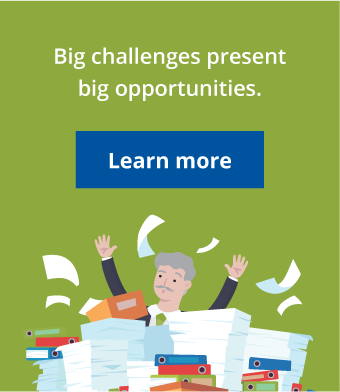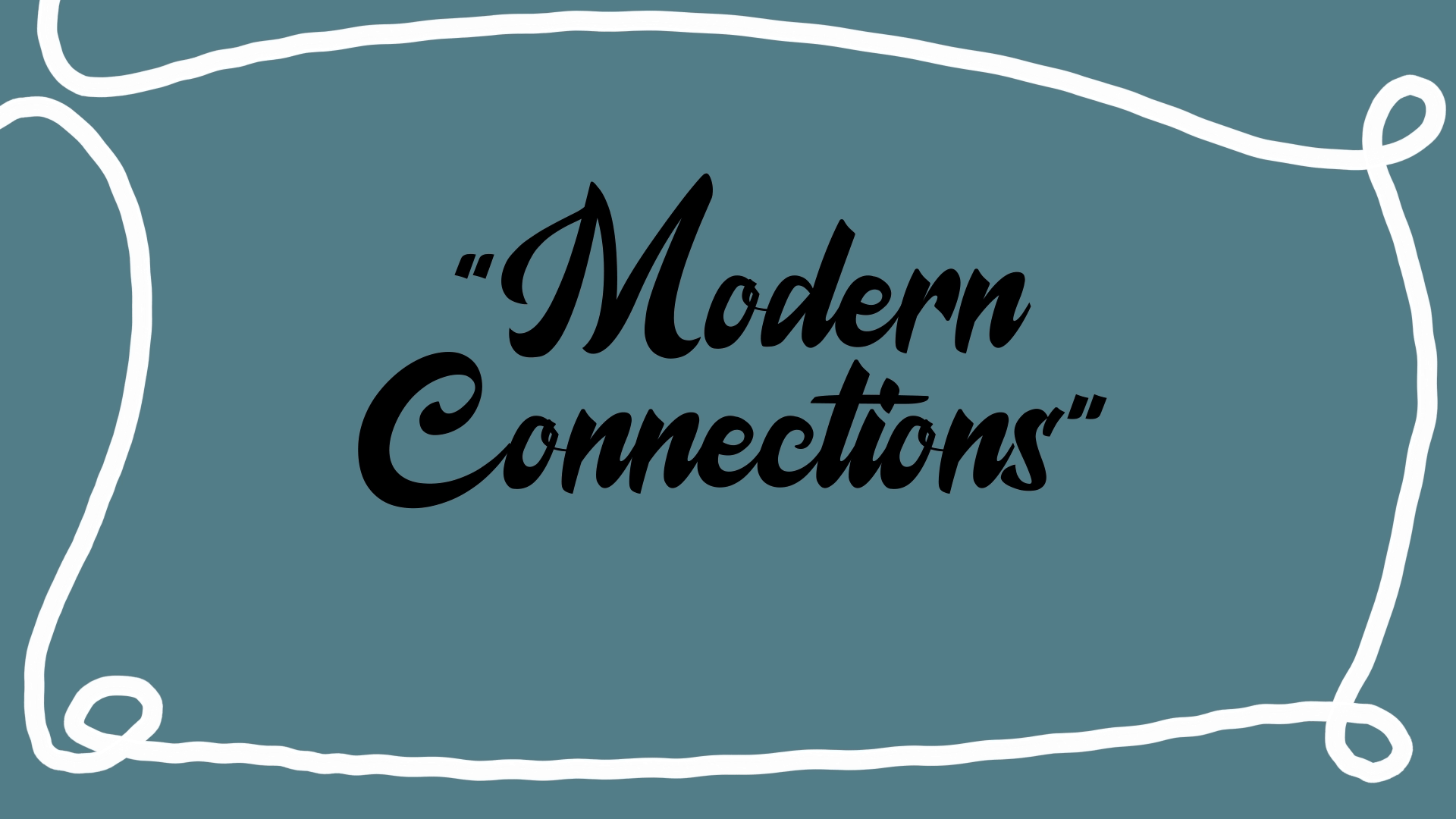3 Conversations to Watch in 2016
#Leadership
Lauren Gilchrist

|
Lauren Gilchrist Advancing K12 Blogger |

|

|

|
 |
What would a new year be without another "best of" list? Don't worry – that's not what this is. We prefer to look forward to what the coming year will bring. Here’s a glimpse at three of the topics that will dominate the education conversation in 2016.
1. Student Data Privacy
We know – this has been on the list for a few years now. But it's not going away any time soon.2015 saw a wave of legislative activity unlike anything we've ever seen. In 2015, at the time of this writing, 46 states introduced 182 bills addressing student data privacy, and 15 states passed 28 new student data privacy laws. Given the relatively patchwork and slow-moving history of privacy legislation, the past year was a turning point in the fight against anyone thinking about using student data for questionable purposes.
Some state laws now require schools to sign student data security agreements with vendors. Other laws prohibit vendors from using student data for sales, marketing, or advertising purposes; i.e. student test scores can’t be used to recommend a learning program for specific struggling students. The difficulty legislators face is enacting laws that prohibit data use for private interests, without limiting the effectiveness of student data in driving personalized learning.
What can you do?
Imagine you are talking to a parent at your school about the latest big box store suffering a data breach. The parent then turns to you and asks, “What are you doing to protect my child's data?”Do you know the answer? What would you say?
We cannot stress enough the importance of being informed and proactive when it comes to protecting student data. Here are five steps you can take to tighten your internal controls and stay in front of the conversation:
1. Provide sufficient training on data privacy for all district staff. Everyone from the superintendent to the support staff should have at least a basic understanding of FERPA, which applies to both digital and hard-copy records.
2. Make sure adequate physical safeguards are in place for any student data stored on-premise. Controlled access to server rooms, locked filing cabinets, and workstation security are all great places to start.
3. Hold edtech companies and cloud storage providers accountable for strict adherence to privacy and security standards, including stringent guidelines prohibiting the sharing of data for commercial purposes.
4. Maintain internal controls limiting data accessibility to those with a “legitimate educational interest.”
5. Effectively communicate these strategies internally and throughout the surrounding community. Your parents and students should be confident that you are going to great lengths (with great transparency) to keep their data secure.
We'll be keeping a close eye on student data privacy in 2016. There's a good chance we'll finally see some revisions to FERPA for the first time in more than 40 years.
2. Digital Citizenship
The "rules of society" have changed. Now, students must learn what is acceptable in the much larger online world. With technology playing such a prominent role in our everyday lives, teaching students to use it properly seems like a no-brainer. But are we keeping up? In 2016, we expect to see more conversations about the role schools play in educating our students on digital citizenship.In the 21st century, more and more schools are coming to the conclusion that banning devices is not the answer. Doing so eliminates many learning opportunities, such as teaching students to communicate online and allowing them to do real-time research and record experiments. It’s better for students to make mistakes while they’re still young and in a controlled environment guided by a teacher.
Class discussion boards and other closed social media platforms are excellent places to start teaching online best practices. Students can and will use the lessons they learn in class for the rest of their lives. They can learn about the permanence of their comments, how to interact on a global level, tips for staying safe in cyber space, how to assess the credibility of online sources, when to use technology, and how to have an appropriate conversation online.
Here at Skyward, our own Twitter feed gives us plenty of examples from students spanning the whole spectrum, from respectful and productive to profane and caustic. We can definitely envision a world where digital citizenship is a required course, no different from health, sexual education, or driver's ed. It's a skill that's only going to become more important as the years go by.
3. Community Partnerships
We’ve heard it said, “It takes a village to raise a child.” It truly does take the support of a community to provide students with the best, most well-rounded education. School-community partnerships are the third topic we believe will trend in 2016. A strong school-community partnership is a two-way street. There are a wealth of organizations and individuals in your community who can help you better educate your students, which will ultimately make the community a better place.How can the community help schools?
Local businesses can support students by sponsoring a team or event, funding a scholarship, contributing supplies for a project, volunteering their time at an event or in the classroom, and offering internships. They can also host students for a field trip or give classroom presentations about their industries.Another way to get your community involved is by including leaders from the higher education, business, and government sectors in curriculum planning meetings. Talk to them about what skills they are looking for in graduates and brainstorm ways to eliminate the gap in skillsets between what students graduate with and what they'll actually need when they walk out your doors.
How can schools help the community?
First and foremost, schools benefit the community by educating the workforce and the leaders of the future. But, there's even more to it than that. Schools can open their doors to community members after hours, allowing them to use facilities such as the track, pool, weight room, or auditorium. They can also provide meeting spaces for conferences and community events, or use their space to offer health services on the weekends.In the classroom, teachers can assign projects that will have a real-world impact, such as asking students to create brochures for local businesses or film promotional videos for an upcoming event. Students can take part in service learning or internships, using the skills they develop to benefit the community.
Finally, schools can encourage community members to attend games, performances, and school events. These occasions are all great ways to get area residents involved and boost school and community pride (not to mention fundraising efforts!).
The key to a successful school-community partnership is ongoing communication. All parties must understand how they can help each other and how each will benefit. They should feel comfortable making suggestions and have a clear vision of the overarching goals.
These certainly won't be the only topics at the forefront of the heavily-trafficked education conversation, but you can expect to see plenty of discussions on all of them. Keep your eyes open and ears to the ground – who knows, maybe your district will one day be seen as a trailblazer in one or more of these areas.
Want to stay on top of the latest developments in these and other important topics shaping the K-12 landscape? Subscribe to our monthly Advancing K-12 EdTech newsletter below.

|
Lauren Gilchrist Advancing K12 Blogger |
|
|

|

|

|
 |










